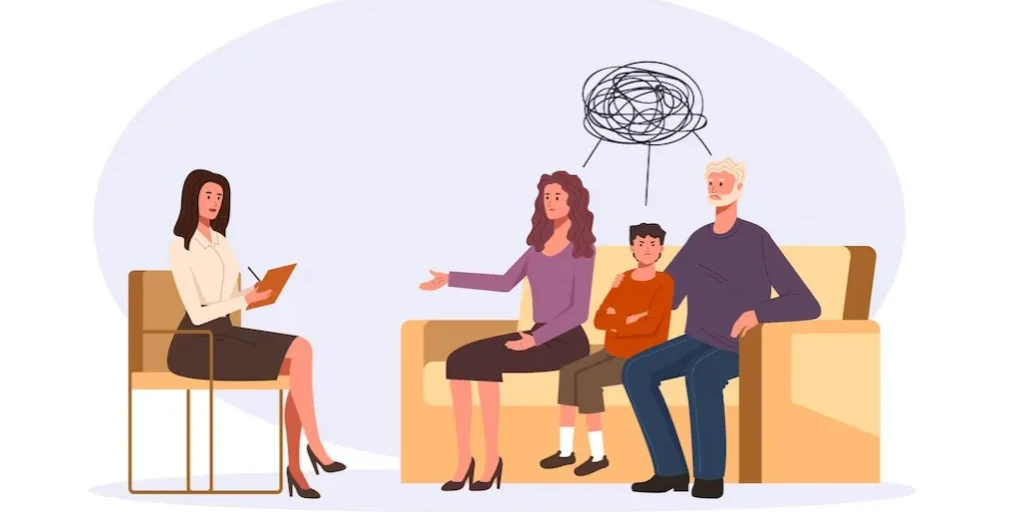24/7 Helpline:
(866) 899-111424/7 Helpline:
(866) 899-1114
Learn more about Ritalin Detox centers in Lapeer
Ritalin Detox in Other Cities

Other Insurance Options

Group Health Incorporated

Horizon Healthcare Service

Amerigroup

Molina Healthcare

BlueShield

Regence

BlueCross

BHS | Behavioral Health Systems

Covered California

Kaiser Permanente

State Farm

Highmark

Coventry Health Care

Anthem

CareFirst

Sutter

Magellan Health

Ambetter

Health Net

Access to Recovery (ATR) Voucher

Lapeer County – Touchstone
Lapeer County Community Mental Health and CMHSP is a public rehab located in Lapeer, MI. Lapeer Coun...

Alcohol Information and Counseling Center
Alcohol Information and Counseling Center is a public organization located in Lapeer, Michigan. Alco...

List Psychological Services
List Psychological Services is a private group practice specializing in behavioral health care; incl...







Concepts in Counseling
Concepts in Counseling is a private rehab located in Lapeer, Michigan. Concepts in Counseling specia...

Alcoholics For Christ – Faith Christian Church
Alcoholics For Christ - Faith Christian Church is located in Lapeer, Michigan. Alcoholics For Christ...



